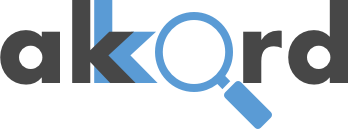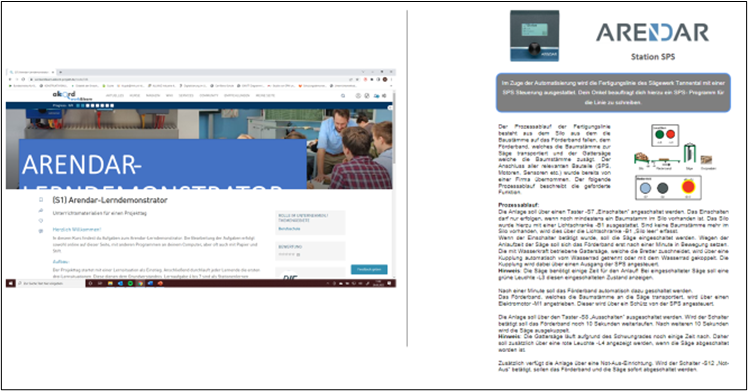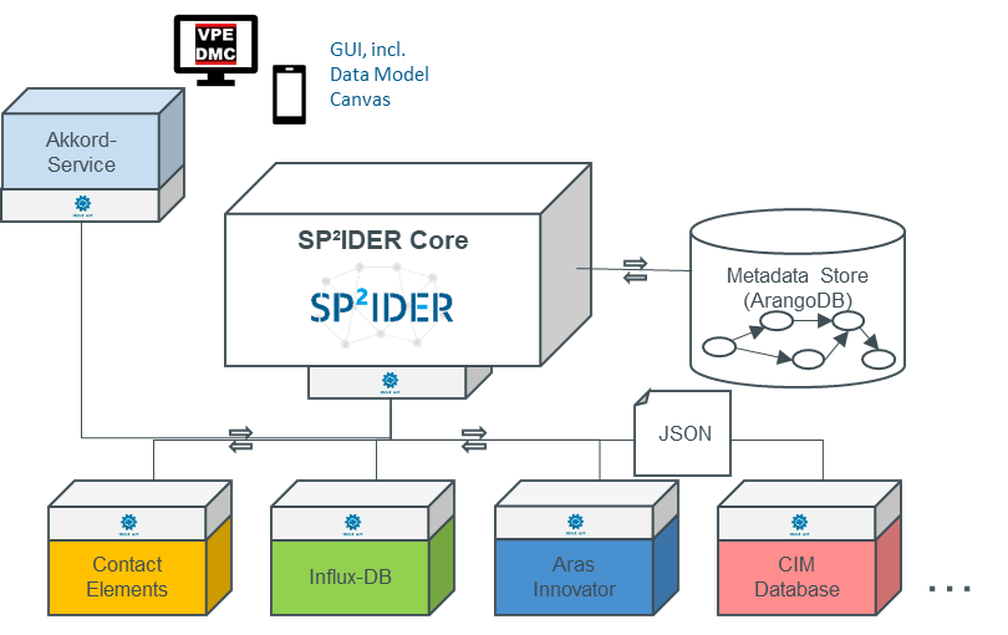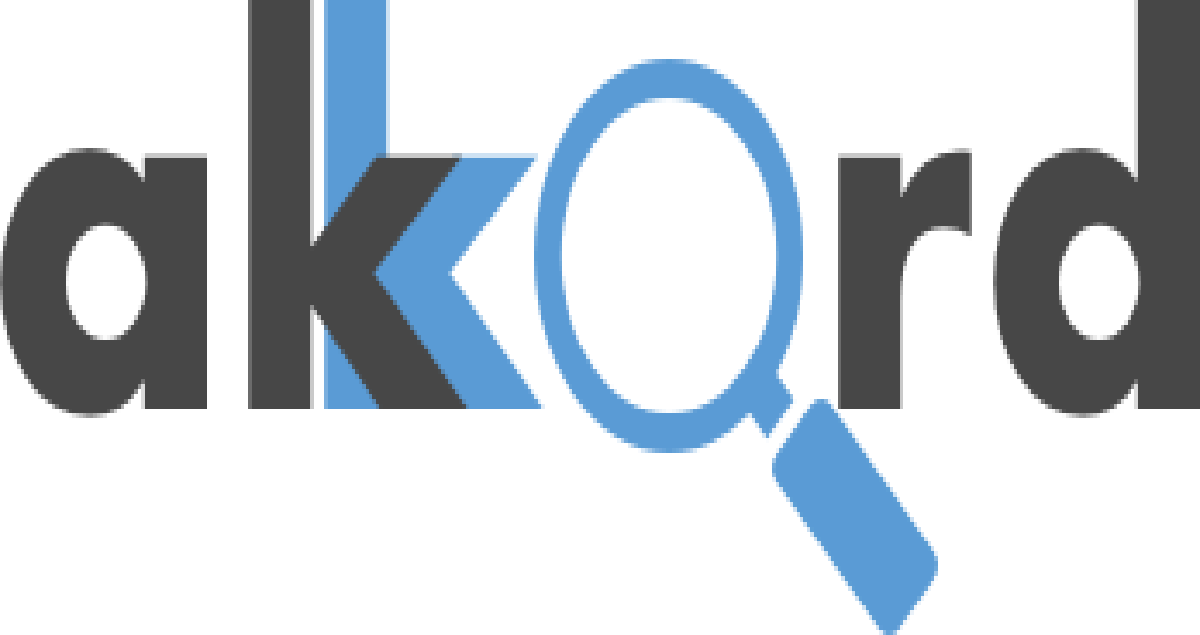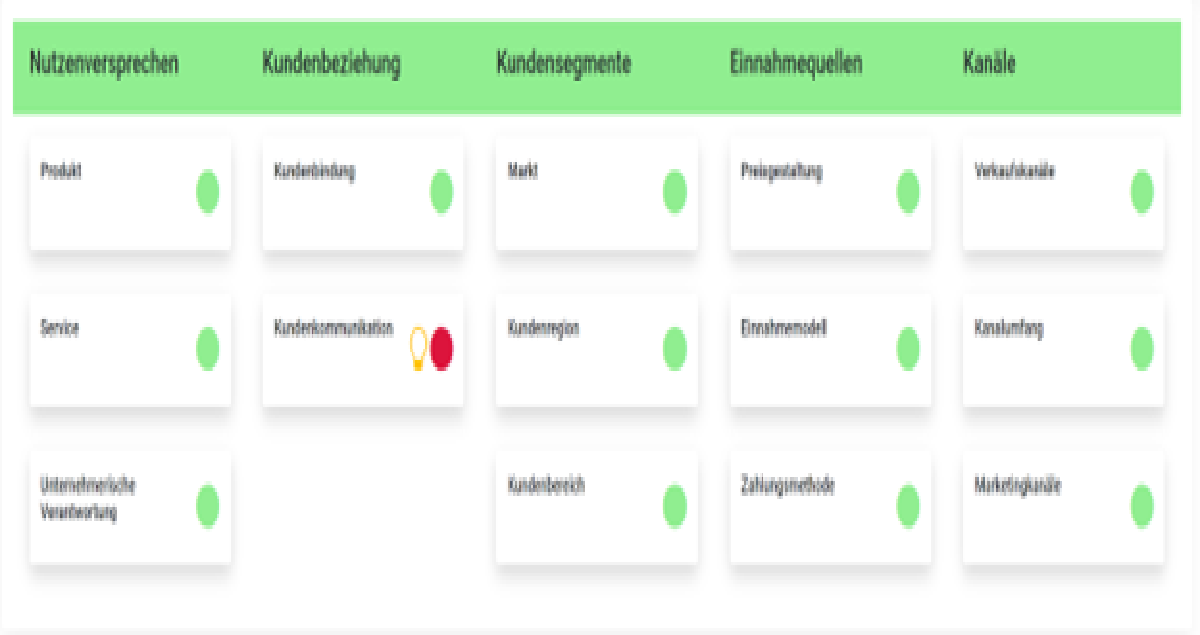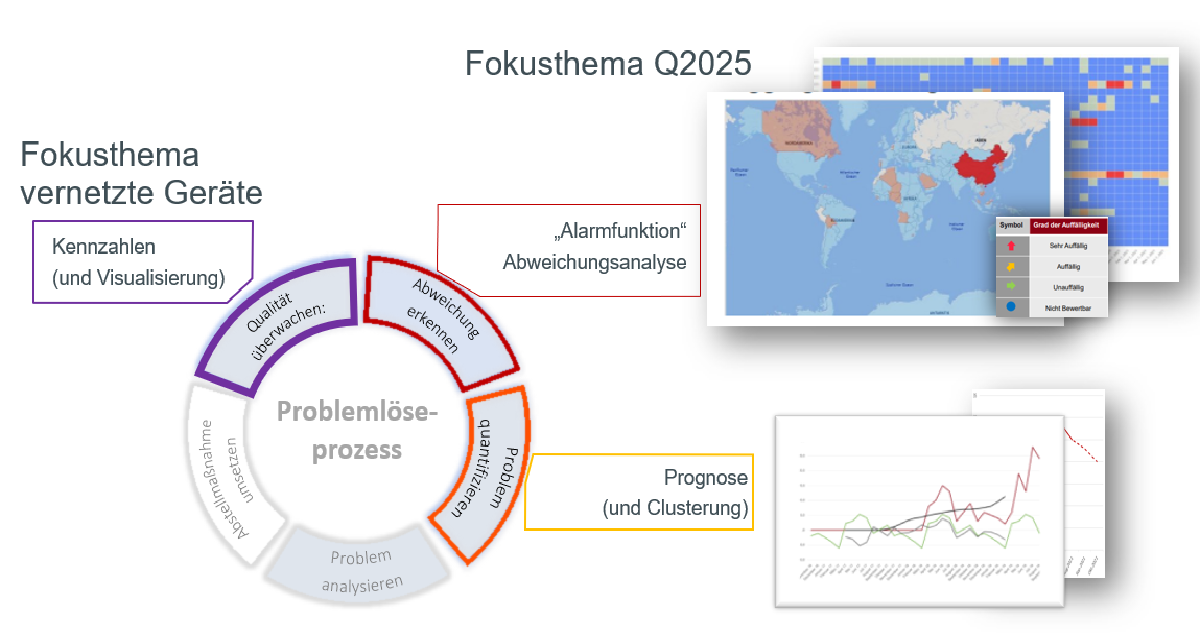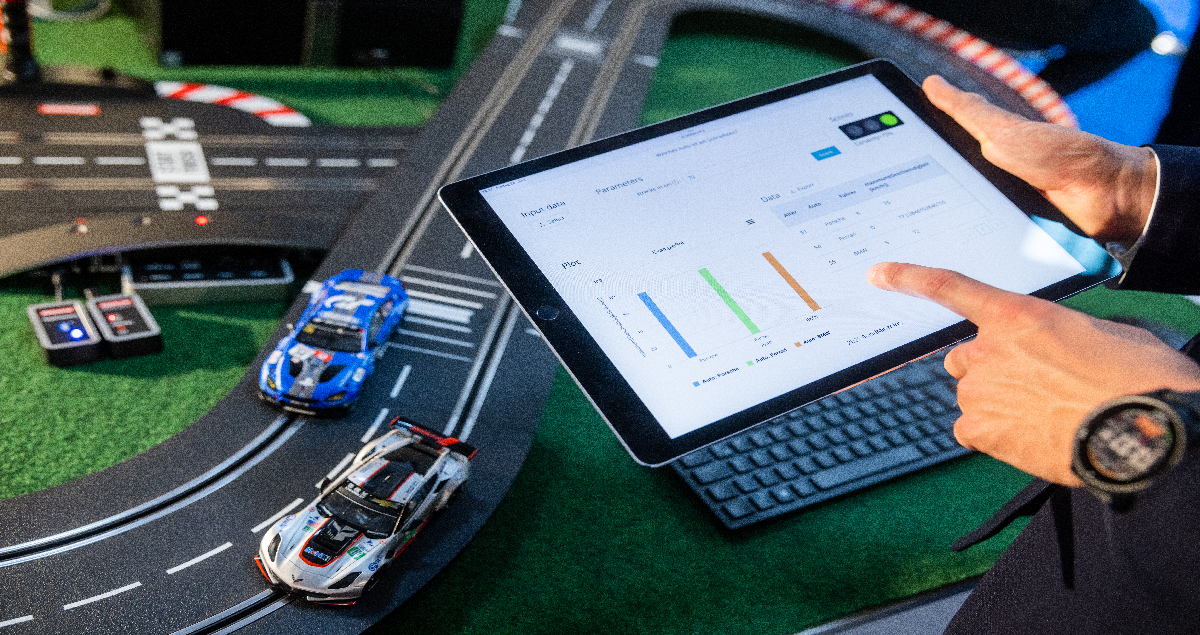Third work report from the “Competencies and recommendations for action” research area
The research area “Competencies and recommendations for action” is one of four main topics in the AKKORD research project. Based on the identified requirement areas and necessary competencies of the employees, the service area focuses on a transfer to concrete and measurable competence definitions and areas and develops corresponding measurement instruments. Furthermore, corresponding situational and technology-based learning modules for industrial data analysis will be realized. The measurement tools as well as the learning modules will be implemented in a digital Work & Learn – platform. Through the free offer, it will be possible for the companies to record and promote the necessary competencies of the employees and to receive practice-proven concepts and recommendations for action. The practical implementation takes place in close exchange with our partners in the AKKORD project as well as through feedback from the companies. The following news article provides a summary overview of the overall project and a classification of the four service areas https://akkord-projekt.de/en/kickoff-publication.
Previous work in work package 4
In the last work report https://akkord-projekt.de/en/work-report-competences-and-recommendations-for-action-2 from the research area “Competencies and recommendations for action”, the project progress for the development of a comprehensive and didactically sound Work & Learn platform was presented. The individual digital areas (e.g. courses, community, services etc.) and their interaction were explained in more detail. Furthermore, the concept for the registration and location process of the later platform users was described in more detail, which enables people to receive a demand-oriented provision of learning paths, topic contributions and services.
Competence roles on the Work & Learn platform
The current work report provides an insight into the current development progress in the “Competencies and recommendations for action” research area. Among other things, the role concept and its requirements have been adapted once again to the special needs of small and medium-sized enterprises (SME). Recent literature research and discussions with SME have shown that the original idea of clustering into 15 different roles, competence profiles and learning paths does not appear to be very effective. Compared to large industrial companies, SME often lack the know-how and monetary resources to implement such data science projects. At the same time, the use of industrial data analysis in the digitalization age is also becoming increasingly important for small manufacturing companies to secure their competitiveness. Analysis processes generate valuable knowledge from raw data to optimize decision-making. The applied analyses often have a one-off project character, although the process rarely changes. Standardized process models such as KDD (Knowledge Discovery in Database) or CRISP-DM (Cross Industry Standard Process for Data Mining) always follow the same process chain, involving different people with different competencies and responsibilities. Not only the process chain but also the involved role profiles repeat, which is why an interdisciplinary role concept is essential for industrial data science. The roles listed in Figure 1 (Data Engineer, Data Scientist/Analyst, Domains Expert, Project Manager and Company Management) are enriched in the Work & Learn – Platform with specific learning content, which can be completed later in the user positioning in the form of role-based course offerings. There is no obligation for platform visitors to select a role and an associated course recommendation when registering. For users who would like to continue their education in an exploratory manner, there is the option of picking out specific course offerings.
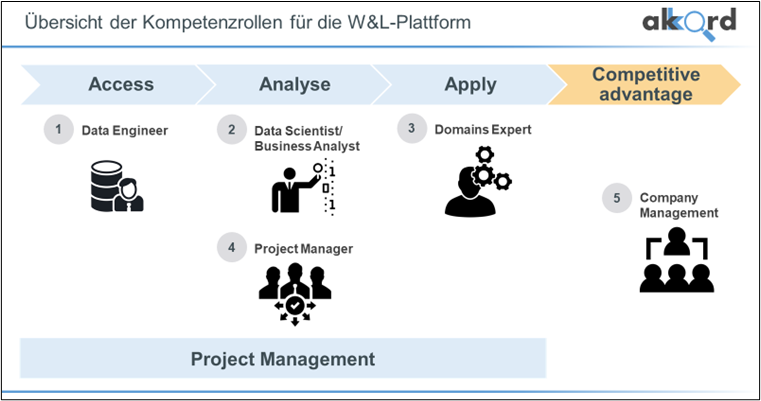
Fig. 1 Competence roles for the W&L platform
Project day at vocational schools with the ARENDAR learning demonstrator
In addition to the competence roles shown, there will be a special sixth role that is not listed in Figure 1. The background to this is the Industry 4.0 learning demonstrator https://akkord-projekt.de/en/working-report_data-acquisiton_akkord developed as part of the AKKORD project in collaboration with our partner ARENDAR. In addition to the hardware, a digital training concept was designed as a project day, which can be used in the future for training and further education purposes at technical vocational schools in 26 training courses. The existing Work & Learn platform concept was chosen to provide the additional digital course content, as it can be easily expanded in a modular way. On the planned project day on the topic of Industry 4.0, the teacher selects the role “vocational school” at the computers of the various learning stations. By selecting the role, only the relevant contents for the ARENDAR learning demonstrator (Figure 2) are displayed. The project day starts with a learning situation as an introduction, in which a relation between the learning demonstrator and the real world (sawmill with different innovation levels) is established for the participants. Subsequently, each learner goes through the first three learning tasks, which serve the basic understanding. Learning tasks 4 to 7 are designed as station learning in small groups of people. Depending on the time available, one or more stations (learning tasks 4, 5, 6 and 7) can be worked through. Adherence to the order is not mandatory. Basically, the teacher decides on the time frame. Depending on the number of tasks to be completed, we recommend a minimum of 180 minutes (four school hours) for the completion of the first three learning tasks and one station.
Fig. 2 Digital course on ARENDAR – learning demonstrator
Summary and outlook on further goals in the project
In the 3rd work report, an overview of the development status in the AKKORD project was given in the research area “Competencies and recommendations for action”. Among other things, the original role concept for the provision of different course recommendations was revised and adapted to the special needs of SME. The result is an interdisciplinary role concept that is based on the requirements of classic Data Science projects. Thus, the roles: Data Engineer (data access), Data Scientist/Analyst (data analysis), Domain Expert (data user), Project Manager (data science project management) and Company Manager (management). A sixth additional role Vocational School has been created as part of the modular evolution of the Work & Lean – platform. It provides digital course content related to the developed ARENDAR- learning demonstrator, which is designed to illustrate the paradigms of Industry 4.0 in a compact way. In the next work report, we will take a deeper look into the development and implementation of the advanced course content (Python, R, ML tools, SQL, cloud solutions, Excel Analytics, etc.), which should enable our platform users to independently implement Data Science projects.
